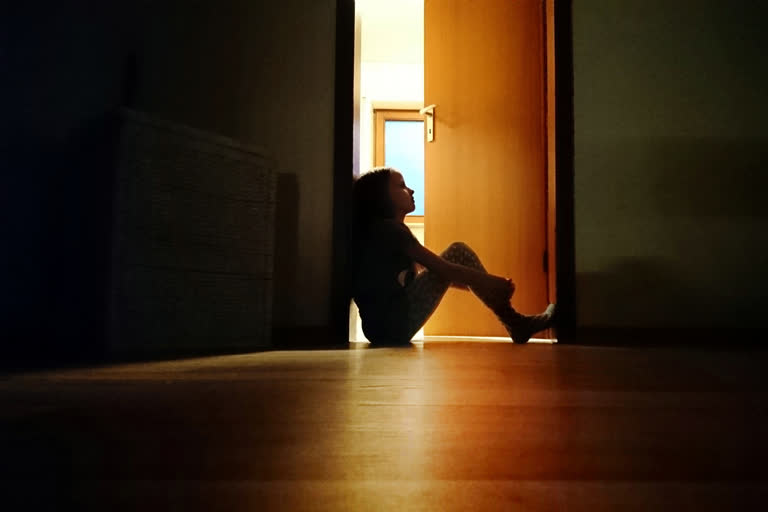Anxiety, stress and depression are some of the common terms that are loosely associated with adulthood. But sometimes it’s not just the adults, but even kids might face anxiety and not be able to convey it. We asked Dr. Phani Prasant, consultant Psychiatrist at Chetana Hospital, Hyderabad about it and he says, “Anxiety in children starts with Separation anxiety as they grow up. The fear of separation from parents, siblings or friends, the child might start getting anxiety. However, there can be several other reasons for anxiety in kids causing different disorders”.
Here are some Reasons Dr. Prasant tells us that can be the reason for anxiety in kids:
- There is something going on in the environment that they can’t control
- Seeing their parents fight,being in a situation where they don’t know why it is happening and what can they do about it
- Being bullied in school
- Being worried about future or about bad things happening
What are the Signs?
Physical Signs
Since they can’t explain their anxiety, they displace the anxiety as some abdominal pain, chest pain, headache or vomiting, etc. The physical symptoms appear more clear than the cognitive components.
Psychological Signs
Anger:Anger attacks may also be symptoms of anxiety in children. Irritability, anger, shouting on parents may also be a part of it.
Refusal:Apart from the physical symptoms, the other feeling kids show is school refusal, i.e. they don’t wish to go to school. They cry or yell at the thought of going to school.
Cognitive Ability:As the kids grow up and reach their teens, that is the time they start having cognitive maturity and they understand that they are going through anxiety. It is easier for them to understand their state if an adult in their family is also going through the same.
“Anxiety varies from childhood to teens. So, as the cognitive maturity gets better, it is easier to understand anxiety. Till then, it is not expressed as anxiety,, it is usually the Refusal towards day to day activities like going to school, to talk, to eat, to walk, etc. Therefore, there are different actions showing anxiety in children, unlike those in adults like a panic attack, anxiety attack, restlessness and more” says Dr. Prasant.
Understanding and Treating
Temperament :When someone is growing even as a baby, some are very easy to feed, easy to put to sleep to grow them up is very easy. But there are kids who have a difficult side, who cry a lot. Therefore, each child has a different temperament, usually a genetic component and this should be understood.
Environment:The environment needs to be examined very carefully. If the kid is being bullied at school, how their peers are treating them or they are getting affected by the circumstances at home like violence or discord, etc. The parenting patterns and how they are caring for things and handling their child are also to be understood. Therefore, the problems in the environment need to be corrected.
Academic Difficulties:If a child has any academic difficulty, like say dyslexia, or if there is any other deficit in the child, he/she might be predisposed to anxiety. Therefore, the IQ of the child needs to be assessed.
Parent-Child Misfit:We need to understand the misfit of temperament between the parents and the child. Parents with a good temperament and similar child or parents with a bad temperament with an easy child or vice versa may also be a good fit. But both with a bad temperament might be a misfit. Therefore, it needs to be balanced.
Artistic way:Sometimes children are not very expressive. In that case, graphics are used or the children are asked to draw, narrate or write a story to express their emotions via art.
“Once the reason of the anxiety is evaluated, which is mostly some or the other psychological issue, which might be very minor but difficult for a child to understand, we sit and talk to the child or explain them through means of examples and not directly. There are different types of counselling, where parents play an important part and we don’t talk to the child alone. The last option is medication and it is very rare that we prescribe it.”, explains Dr. Prasant.
